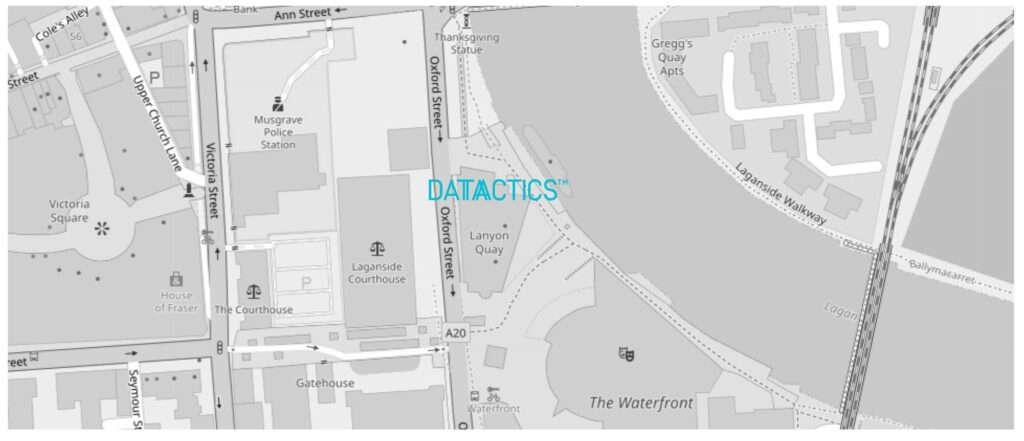What is KYC and AML?
Anti Money Laundering (AML) is a fundamental component of regulatory compliance within financial institutions. It refers to the prevention of money laundering and other financial crimes, through the processes of customer due diligence known as Know Your Customer (KYC).

|
In order to prevent financial crimes, such as money laundering and terrorism, institutions need to enact robust processes to detect the illegitimate movement of funds. Money laundering refers to funds that have been acquired through illegal activities, before being integrated subtly into everyday banking and thus giving them the appearance of being legitimate. The United Nations Office on Drugs and Crime (UNODC) estimates that the “amount of money laundered globally in one year is 2 – 5% of global GDP, or from $800 billion – $2 trillion” (click here to read more from this source). Preventing financial crime is important for the overall protection of the economy and society on a wider scale, and it relies on meticulous monitoring of customer data during the onboarding process and throughout the customer’s lifecycle. Know Your Customer involves the verification of an individual or entity’s identity documentation when they request to join a bank or secure services from financial institutions, and helps to legitimise a customer before accessing their services. AML and KYC are fundamental aspects of a bank’s compliance procedures, with reportedly 60-70% of compliance budgets being allocated to manual review and analysis of KYC material. In order to prevent hefty non-compliance fines, banks are increasingly investing in RegTech to automate and improve their KYC and AML processes through greater streamlining of the onboarding processes. How can Datactics Help?Datactics has built-in connectivity to open and proprietary third party data sources to enable robust and accurate matching for onboarding, Client Lifecycle Management (CLM) and offboarding activities (read a case study on this here). Datactics has also built a live version of its fuzzy-matching and transliteration engine to combine sources from the EU, UK and OFAC Sanctions lists. You can try it out here. |



